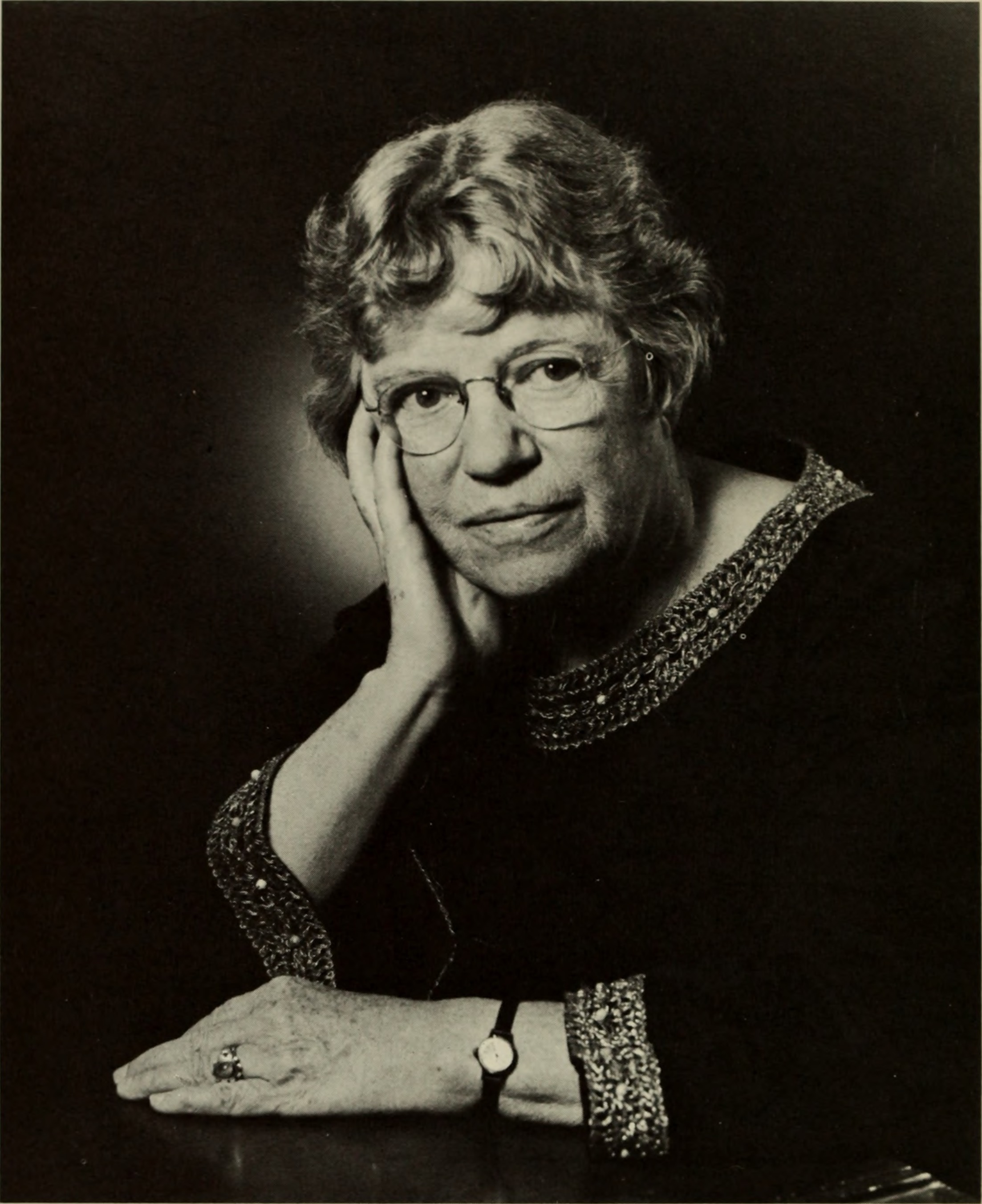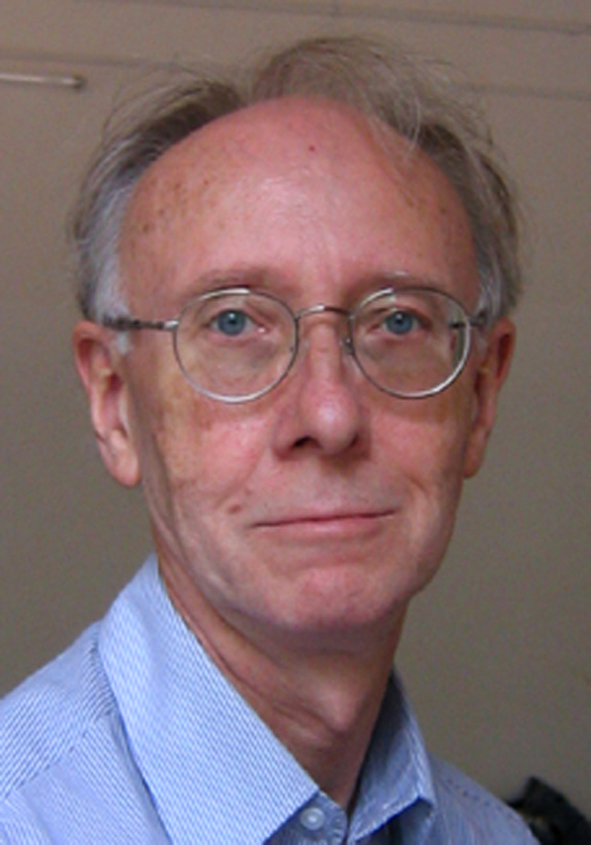|
The Wedding Camels
''The Wedding Camels'' is an ethnographic film directed by David MacDougall and Judith MacDougall, filmed in 1974 and released in 1980 (108 min., Turkana with English subtitles), that examines the negotiations and cultural practices that surround the tradition of the Turkana people of Kenya of giving a Bride price, bridewealth before a wedding. The film was funded and distributed by the University of California Extension Center for Media. Overview The film is observational in style and the Turkana subjects speak for themselves through subtitles, rather than being spoken about through narration. The MacDougalls' films fit into the forefront of the movement away from narration and towards observational and participatory cinema in the 1970s and 1980s. The husband and wife team have made several ethnographic films. ''The Wedding Camels'' is the second of three they made about the Turkana, the others being ''Lorang's Way'' and ''A Wife Among Wives''. The trilogy is referred to as T ... [...More Info...] [...Related Items...] OR: [Wikipedia] [Google] [Baidu] |
Ethnographic Film
An ethnographic film is a non-fiction film, often similar to a documentary film, historically shot by Western filmmakers and dealing with non-Western people, and sometimes associated with anthropology. Definitions of the term are not definitive. Some academics claim it is more documentary, less anthropology, while others think it rests somewhere between the fields of anthropology and documentary films. Anthropologist and ethnographic filmmaker David MacDougall wrote in a 1978 paper: "Ethnographic films cannot be said to constitute a genre, nor is ethnographic film-making a discipline with unified origins and an established methodology. Since the first conference on ethnographic film was held at the Musée de l'Homme 30 years ago, the term has served a largely emblematic function, giving a semblance of unity to extremely diverse efforts in the cinema and social sciences." The genre has its origins in the colonial context. Origins Prospector, explorer, and eventual filmmaker Rober ... [...More Info...] [...Related Items...] OR: [Wikipedia] [Google] [Baidu] |
1980 Films
The following is an overview of events in 1980 in film, including the highest-grossing films, award ceremonies and festivals, a list of films released and notable deaths. Highest-grossing films (U.S.) The top ten 1980 released films by box office gross in North America are as follows: Worldwide gross revenue The following table lists known worldwide gross revenue figures for several high-grossing films that originally released in 1980. Note that this list is incomplete and is therefore not representative of the highest-grossing films worldwide in 1980. Events * April 29 – Sir Alfred Hitchcock, known as "the Master of Suspense", dies at his home in Bel Air, California, at the age of 80. * May 21 – ''The Empire Strikes Back'' is released and is the highest-grossing film of the year (just as its predecessor, ''Star Wars'', was three years prior). * June 9 – Richard Pryor sets himself on fire while free-basing cocaine and drinking 151-proof rum. Pryor ran down his stree ... [...More Info...] [...Related Items...] OR: [Wikipedia] [Google] [Baidu] |
Films Shot In Kenya
A film also called a movie, motion picture, moving picture, picture, photoplay or (slang) flick is a work of visual art that simulates experiences and otherwise communicates ideas, stories, perceptions, feelings, beauty, or atmosphere through the use of moving images. These images are generally accompanied by sound and, more rarely, other sensory stimulations. The word "cinema", short for cinematography, is often used to refer to filmmaking and the film industry, and to the art form that is the result of it. Recording and transmission of film The moving images of a film are created by photographing actual scenes with a motion-picture camera, by photographing drawings or miniature models using traditional animation techniques, by means of CGI and computer animation, or by a combination of some or all of these techniques, and other visual effects. Before the introduction of digital production, series of still images were recorded on a strip of chemically sensitized ... [...More Info...] [...Related Items...] OR: [Wikipedia] [Google] [Baidu] |
Films About Weddings
A film also called a movie, motion picture, moving picture, picture, photoplay or (slang) flick is a work of visual art that simulates experiences and otherwise communicates ideas, stories, perceptions, feelings, beauty, or atmosphere through the use of moving images. These images are generally accompanied by sound and, more rarely, other sensory stimulations. The word "cinema", short for cinematography, is often used to refer to filmmaking and the film industry, and to the art form that is the result of it. Recording and transmission of film The moving images of a film are created by photographing actual scenes with a motion-picture camera, by photographing drawings or miniature models using traditional animation techniques, by means of CGI and computer animation, or by a combination of some or all of these techniques, and other visual effects. Before the introduction of digital production, series of still images were recorded on a strip of chemically sensitized ... [...More Info...] [...Related Items...] OR: [Wikipedia] [Google] [Baidu] |
Ethnography
Ethnography (from Greek ''ethnos'' "folk, people, nation" and ''grapho'' "I write") is a branch of anthropology and the systematic study of individual cultures. Ethnography explores cultural phenomena from the point of view of the subject of the study. Ethnography is also a type of social research that involves examining the behavior of the participants in a given social situation and understanding the group members' own interpretation of such behavior. Ethnography in simple terms is a type of qualitative research where a person puts themselves in a specific community or organization in attempt to learn about their cultures from a first person point-of-view. As a form of inquiry, ethnography relies heavily on participant observation—on the researcher participating in the setting or with the people being studied, at least in some marginal role, and seeking to document, in detail, patterns of social interaction and the perspectives of participants, and to understand these i ... [...More Info...] [...Related Items...] OR: [Wikipedia] [Google] [Baidu] |
Anthropology Documentary Films
Anthropology is the scientific study of humanity, concerned with human behavior, human biology, cultures, societies, and linguistics, in both the present and past, including past human species. Social anthropology studies patterns of behavior, while cultural anthropology studies cultural meaning, including norms and values. A portmanteau term sociocultural anthropology is commonly used today. Linguistic anthropology studies how language influences social life. Biological or physical anthropology studies the biological development of humans. Archaeological anthropology, often termed as 'anthropology of the past', studies human activity through investigation of physical evidence. It is considered a branch of anthropology in North America and Asia, while in Europe archaeology is viewed as a discipline in its own right or grouped under other related disciplines, such as history and palaeontology. Etymology The abstract noun ''anthropology'' is first attested in reference to ... [...More Info...] [...Related Items...] OR: [Wikipedia] [Google] [Baidu] |
1980 Documentary Films
__NOTOC__ Year 198 (CXCVIII) was a common year starting on Sunday (link will display the full calendar) of the Julian calendar. At the time, it was known as the Year of the Consulship of Sergius and Gallus (or, less frequently, year 951 ''Ab urbe condita''). The denomination 198 for this year has been used since the early medieval period, when the Anno Domini calendar era became the prevalent method in Europe for naming years. Events By place Roman Empire *January 28 **Publius Septimius Geta, son of Septimius Severus, receives the title of Caesar. **Caracalla, son of Septimius Severus, is given the title of Augustus. China *Winter – Battle of Xiapi: The allied armies led by Cao Cao and Liu Bei defeat Lü Bu; afterward Cao Cao has him executed. By topic Religion * Marcus I succeeds Olympianus as Patriarch of Constantinople (until 211). Births * Lu Kai (or Jingfeng), Chinese official and general (d. 269) * Quan Cong, Chinese general and advisor (d. ... [...More Info...] [...Related Items...] OR: [Wikipedia] [Google] [Baidu] |
Margaret Mead Film Festival
The Margaret Mead Film Festival is an annual film festival held at the American Museum of Natural History in New York City. It is the longest-running, premiere showcase for international documentaries in the United States, encompassing a broad spectrum of work, from indigenous community media to experimental nonfiction. The Festival is distinguished by its outstanding selection of titles, which tackle diverse and challenging subjects, representing a range of issues and perspectives, and by the forums for discussion with filmmakers and speakers. The Mead Festival has a distinguished history of “firsts,” including being the first venue to screen the now-classic documentary Paris Is Burning (1990) about the urban transgender community. Furthermore the Mead Festival has introduced New York audiences to such acclaimed films as the Oscar-winning documentary The Blood of Yingzhou District (2006), Oscar-winning animated short The Moon and the Son: An Imagined Conversation (2005), Th ... [...More Info...] [...Related Items...] OR: [Wikipedia] [Google] [Baidu] |
David MacDougall
David MacDougall (born November 12, 1939) is an American-Australian visual anthropologist, academic, and documentary filmmaker, who is known for his ethnographic film work in Africa, Australia, Europe and India. For much of his career he co-produced and co-directed films with his wife, fellow filmmaker Judith MacDougall. In 1972, his first film, ''To Live with Herds'' was awarded the Grand Prix "Venezia Genti" at the Venice Film Festival. He has lived in Australia since 1975, and is currently a professor in the Research School of Humanities & the Arts at Australian National University. MacDougall has produced films covering a wide range of subjects, be it the semi-nomadic Turkana people of Kenya in '' The Wedding Camels'' or an elite North Indian boys' boarding school in ''The Doon School Quintet''. Influenced by cinéma vérité and Direct Cinema in the 1960s, he is considered to be one of the pioneers of observational cinema, films that present the observations of an indivi ... [...More Info...] [...Related Items...] OR: [Wikipedia] [Google] [Baidu] |
A Wife Among Wives
''A Wife Among Wives'' is a 1981 ethnographic documentary produced by filmmakers Judith and David MacDougall. It is about the dynamics of polyamorous marriage in a small Turkana village in Kenya. The film premiered at the 1981 Margaret Mead Film Festival. It has a runtime of 72 minutes. Synopsis ''A Wife Among Wives'' is an ethnographic documentary that is shot in a non-linear narrative, following the stories of several families. This film focuses on the women of the Turkana village in Kenya and their roles, as well as marriage rituals and dynamics. The film follows several families, focusing on what the females of the households have to say about being in a polygynous marriage with multiple wives and one husband. The women describe how the system of polygyny actually benefits the women in the household, and allows them to function as a unit by practicing communal survival , rather than focusing on individuals and their feelings. The climax of the film is an instance in which ... [...More Info...] [...Related Items...] OR: [Wikipedia] [Google] [Baidu] |
University Of California
The University of California (UC) is a public land-grant research university system in the U.S. state of California. The system is composed of the campuses at Berkeley, Davis, Irvine, Los Angeles, Merced, Riverside, San Diego, San Francisco, Santa Barbara, and Santa Cruz, along with numerous research centers and academic abroad centers. The system is the state's land-grant university. Major publications generally rank most UC campuses as being among the best universities in the world. Six of the campuses, Berkeley, Davis, Irvine, Los Angeles, Santa Barbara, and San Diego are considered Public Ivies, making California the state with the most universities in the nation to hold the title. UC campuses have large numbers of distinguished faculty in almost every academic discipline, with UC faculty and researchers having won 71 Nobel Prizes as of 2021. The University of California currently has 10 campuses, a combined student body of 285,862 students, 24,400 faculty members, 1 ... [...More Info...] [...Related Items...] OR: [Wikipedia] [Google] [Baidu] |





